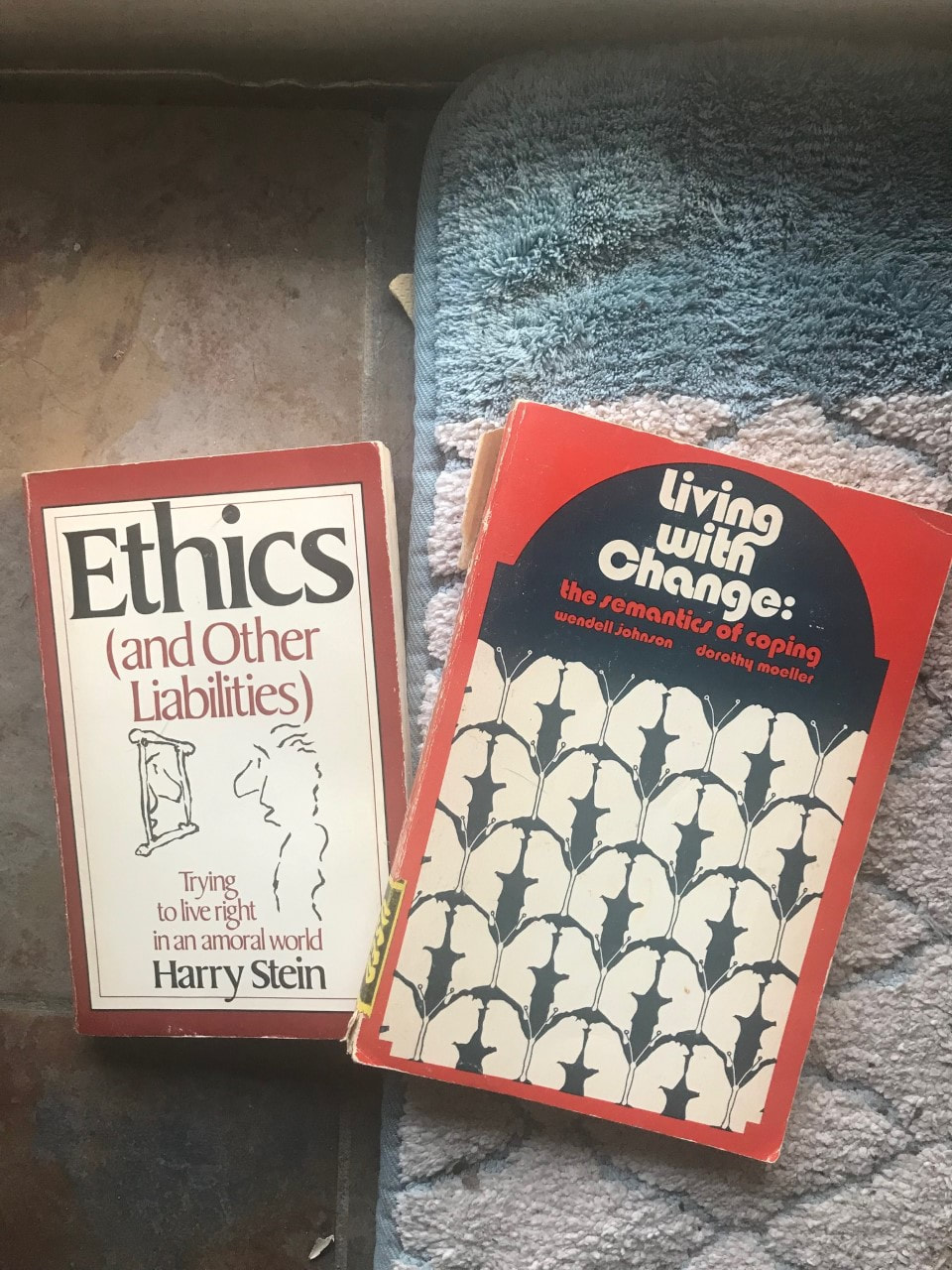
Regardless, the writing moved you. It made you think. You kept some of the message/plot/tips with you LONG after you finished reading. It affected you to the point where you internalized, acted and shared something outside yourself over the years.
That’s what great writing does – takes you to another level. You are better off for having read the book, and in some way it has shaped your view of the world and how to better understand and approach it.
Here are a few of mine in no particular order:
- “The 7 Habits of Highly Successful People” by Stephen Covey: Sharpen the saw and seek first to understand before being understood are two critical lessons that stayed with me over the years. They’ve kept me on top of things, always learning, and listening to recognize where others are coming from.
- “Crossing to Safety” by Wallace Stegner: I’ve recommended this novel to more people than I can count, an epic piece of writing about long-term friends, lives well-lived, and that we all must come to terms with people we care about leaving our lives.
- “Living with Change” by Wendell Johnson and Dorothy Mueller: Had this one in a college communications class and it taught me the powerful difference between opinions and facts and to qualify statements regarding how you see/perceive something rather than categorically saying, “This is the way it is.” We all have personal visions of what we see and hear in the world, and you adapt best when you understand those differences and pay attention to others.
- “Ethics” by Harry Stein: As a writer for Esquire magazine many years ago, this compiles his columns on the slippery slope of ethics. He poses dilemmas, then describes how he grapples with the issue based on specific incidents and situations in his life. Brilliant stuff to get you thinking and considering how gray the world is rather than black and white.
- “The Brothers K” by David James Duncan: A Tolstoy-like novel with a baseball theme following a family through the turmoil of the 1960s as the kids come of age and take different paths. Duncan plays with religion and baseball to illuminate how the kids come to terms with conflicts in the era. Very hard to put down after the first 100 pages, and incredibly affecting in how you look at family dynamics afterwards.
- “Passages” by Gail Sheehy: I’ve probably read this book 5-6 times and every time except the last one I came away with new views about my own life and what stage I was going through. The last reading it seemed a bit dated, which is sad for me, because of the challenges it helped me understand in previous readings regarding a stage of life I was going through.
- “Zen and the Art of Motorcycle Maintenance” by Robert M. Pirsig: This book teaches you to think and solve problems in unique ways. I’ll use this example in my own life: I lived in a group house and the doorknob to my bedroom got stuck repeatedly. I applied what I read in the book to approach this dilemma with a fresh mind, and chose to use my left hand to open the door rather than my right. Bingo. Problem solved. When stuck on something these days, I approach the problem by looking at it from the outside with open eyes. It often works.